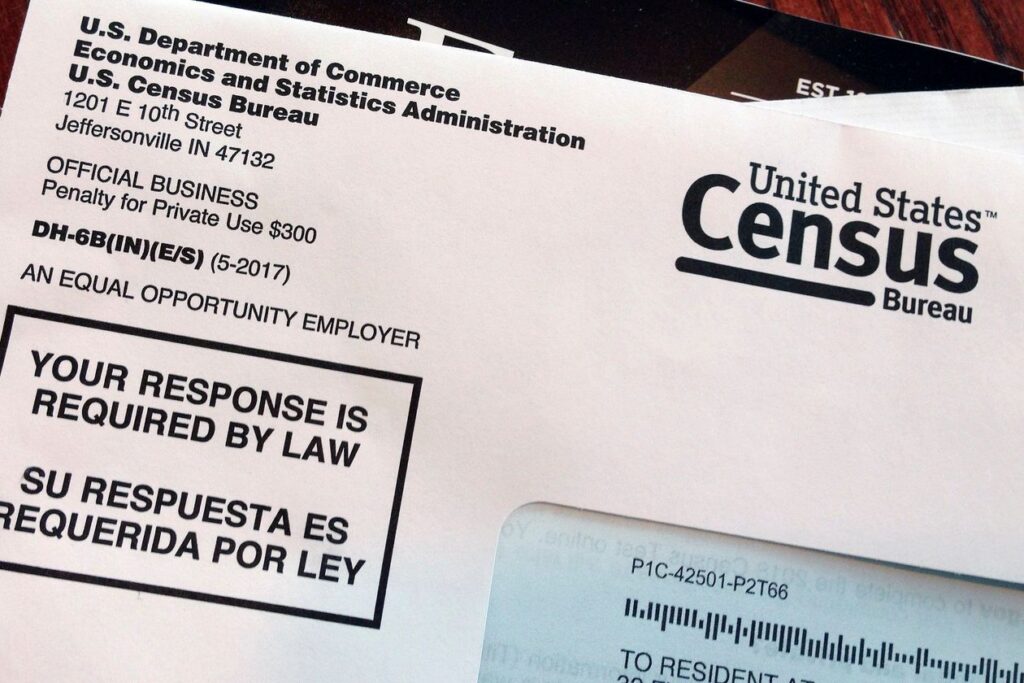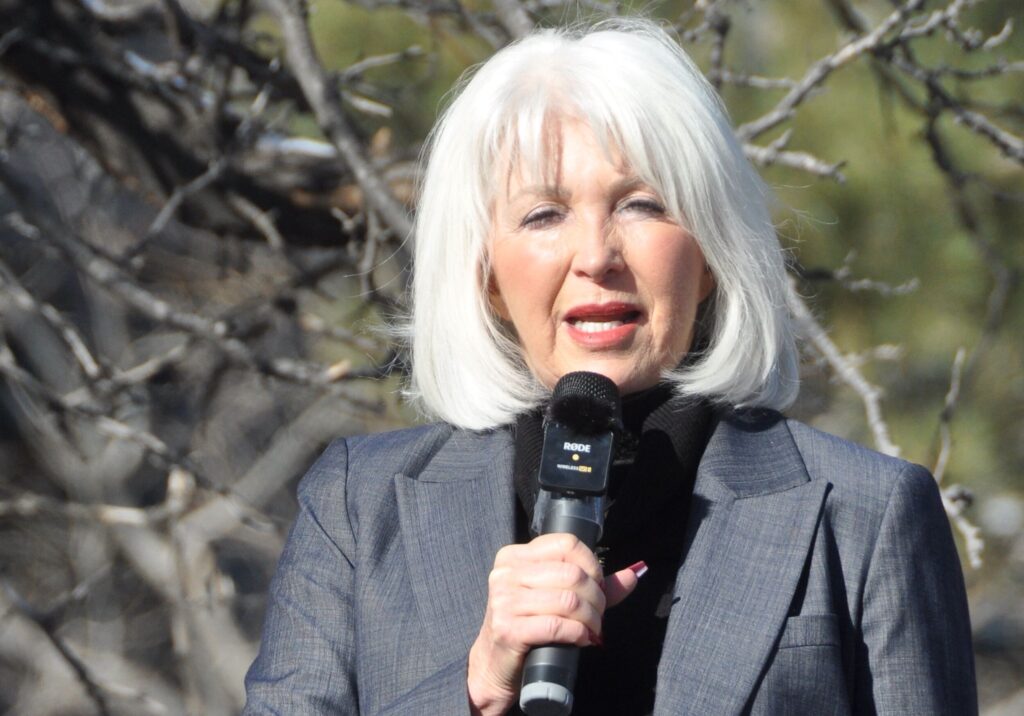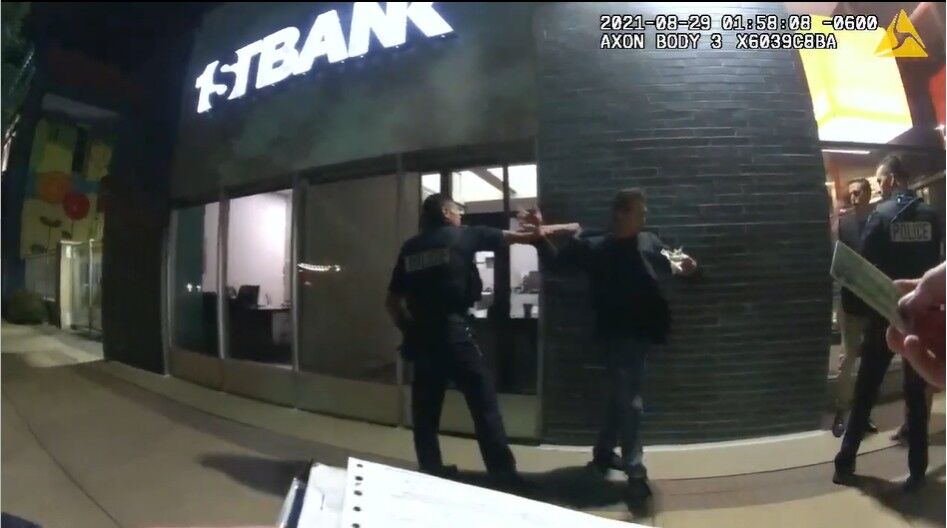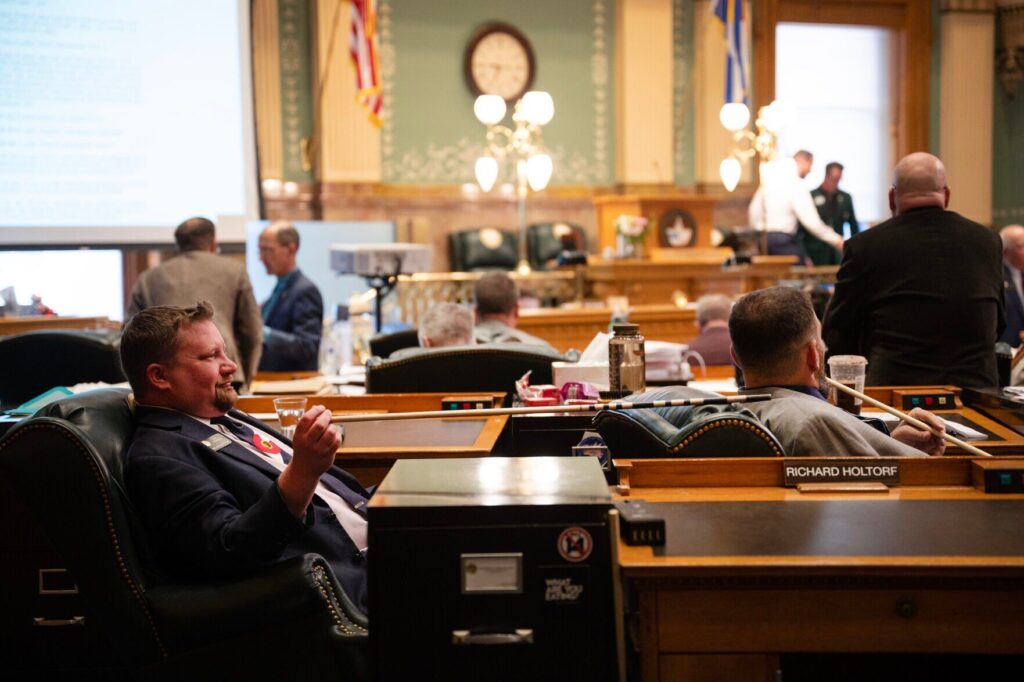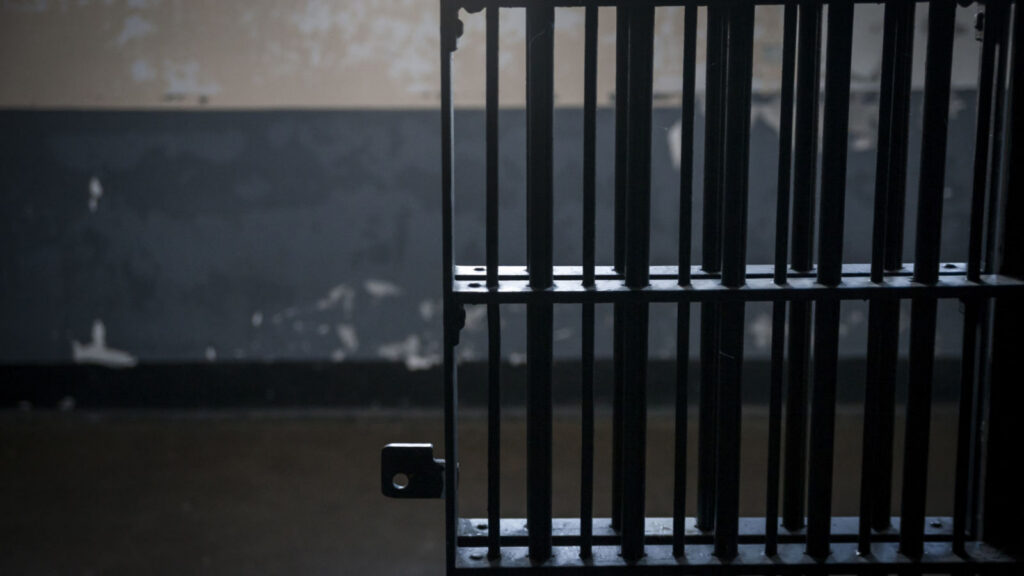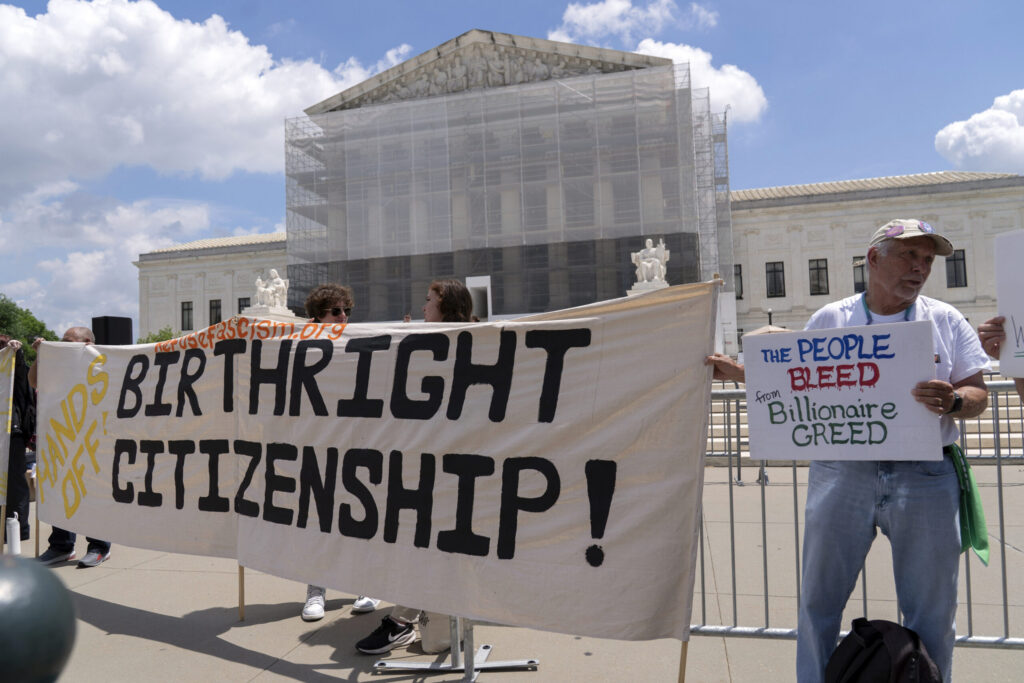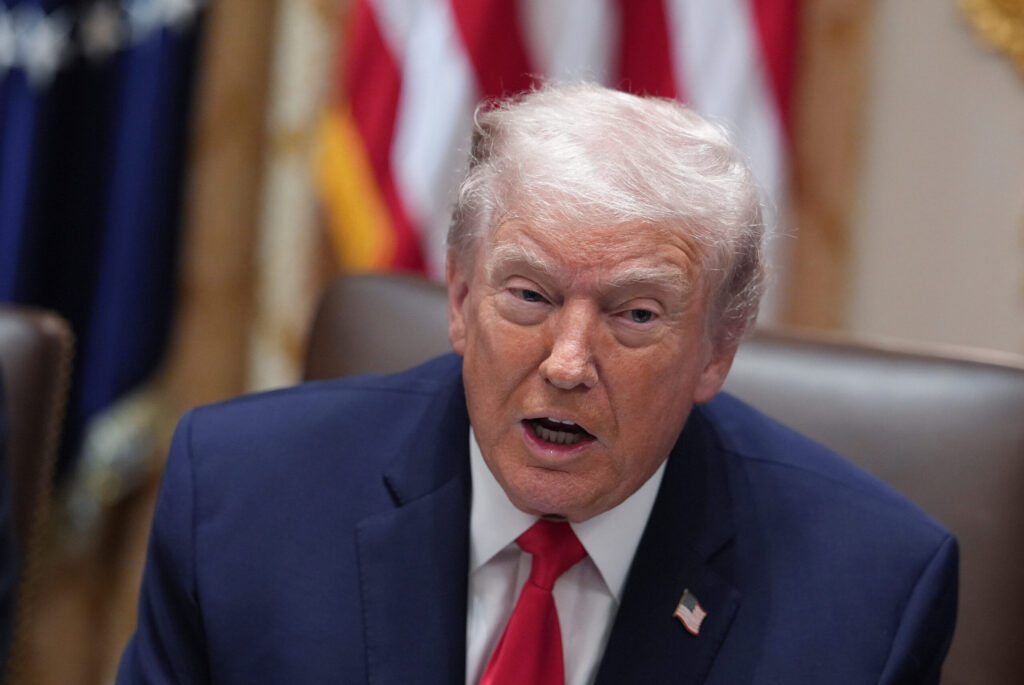GOP sponsors of Hospital Provider Fee bill outraged with Colorado governor
Two Republican state lawmakers are irked at Gov. John Hickenlooper for not signing a bill to maintain funding for rural hospitals at one of the hospitals that would have been affected.
Rep. Jon Becker, R-Fort Morgan, and Sen. Jerry Sonnenberg, R-Sterling, who sponsored the omnibus bill that provided money for roads, schools and hospitals, told Colorado Politics that they felt the governor, a Democrat, was unwilling to work with them on the signing ceremony. The decision is going to make it difficult to work with the governor in the future, they added.
The bill also was sponsored by two Democrats.
Hickenlooper’s office maintains that it was simply a matter of scheduling, and that the bill was still signed in a rural part of the state, east of Pueblo. But for Sonnenberg and Becker, it’s a matter of optics.
The driving force behind the bill, which creates a 20-year funding program to direct $1.8 billion towards critical infrastructure, had to do with the potential for rural hospitals to close because of a lack of funding.
Senate Bill 267 reversed a proposed budget move that would have reduced the Hospital Provider Fee by $264 million in an effort to balance the budget. The fee is assessed on hospitals to force a match of larger federal health care dollars. With the federal match, hospitals in Colorado would have lost about $528 million.
Republicans found themselves evolving on the issue because of the rural component. Last year, under the leadership of former Senate President Bill Cadman, R-Colorado Springs, the issue of restructuring the Hospital Provider Fee was a nonstarter, as many Republicans believed the move would violate the Taxpayer’s Bill of Rights by moving revenue out from under its constitutionally mandated spending cap.
But a handful of Republicans changed course this year, including Sonnenberg and Becker. They were dismayed to learn that the governor would sign the bill at Fowler High School. While it is in a rural area, in a town of about 1,200 people, and the legislation also benefits schools, the two lawmakers thought the governor should have signed the bill at a hospital in an area such as Hugo in Lincoln County, which was repeatedly highlighted during the Hospital Provider Fee debate.
“The total lack of communication on the part of the governor’s office is disappointing but not at all surprising,” Sonnenberg said.
“Four legislators from drastically different ideologies came together to pass this landmark bipartisan bill to sustain rural Colorado. The governor’s inability to communicate effectively with any of the sponsors to coordinate a bill signing at the Hugo hospital – our first choice – is just one more in a chain of missteps that prove that while our split legislature is capable of getting the work done, the governor has fallen completely out of touch.
“While we know the governor has the authority to sign bills wherever he wants, I am disappointed that it seems bill signings have become all about him. Legislators don’t have taxpayer funded airplanes and transportation to keep up with the governor’s whims.”
The governor’s office says the signing ceremony was simply a matter of scheduling. Several other lawmakers showed up to the event, including House Democratic Leader KC Becker, who also sponsored the legislation. Becker is from Boulder.
Republican Senate President Kevin Grantham of Canon City also attended the ceremony, as did Sen. Larry Crowder, a Republican from Alamosa, who was one of the first Republicans to rally around the bill, even stating his support in previous years.
When it comes to signing ceremonies, the governor’s office is often overwhelmed by requests from lawmakers who want legislation signed at specific locations. It can be difficult to accommodate schedules, especially with the governor traveling the state and lawmakers looking to take vacation time after the session.
“I’m sorry they feel slighted on this one, but there was no slight intended from the governor’s office,” said Kurt Morrison, Hickenlooper’s director of legislative affairs. “It was scheduled around as many schedules as there could be and unfortunately with every bill signing ceremony, we’re hardly ever able to accommodate the wishes of all sponsors and the governor’s schedule.”
Rep. Jon Becker went as far as to say that the governor’s decision not to sign the bill at a hospital in a rural area like Hugo could impact interactions in the next legislative session. Next year is likely to be politically charged anyway, as the session will take place ahead of midterm elections and several statewide races.
“I cannot be more disappointed in our governor,” Becker said. “He asks us to work together and then does not work with us when we do. He was asked to work with us on a bill signing. We asked to have it at a hospital that would have been in trouble if the bill did not pass. We had several options and he ignored them all. Then when he decided on a bill signing location he gave us very few days notice as to where it was.
“He had three weeks to work with us on this very important bill and he refused. If he considers that working together, I can’t wait to show him how that goes both ways next session.”


